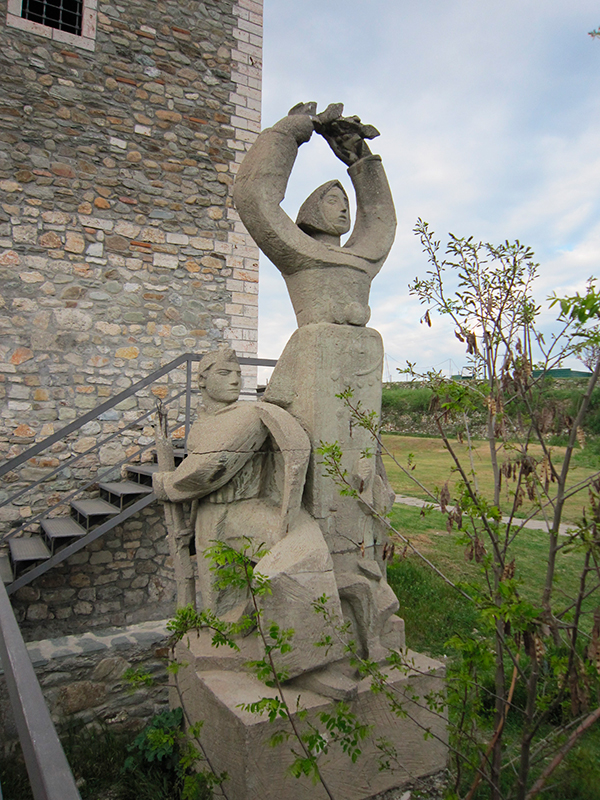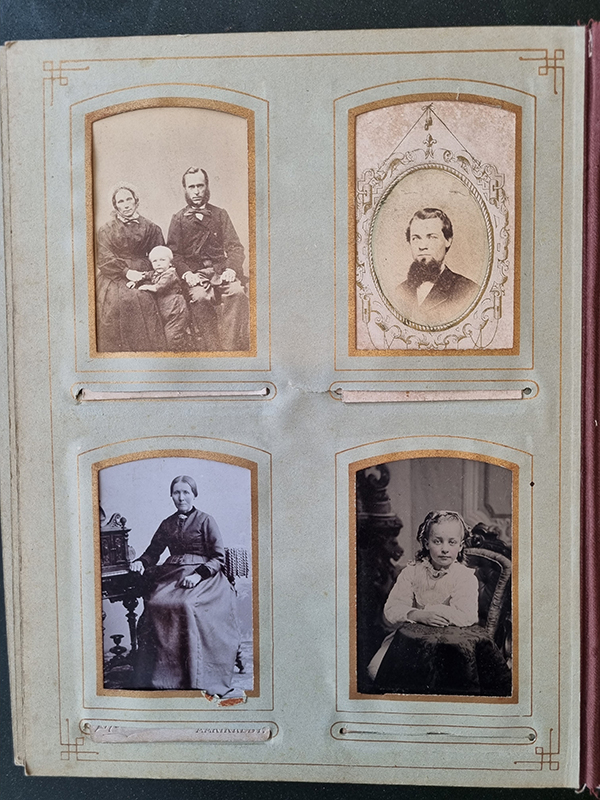About the network
In very broad terms, we understand memory and heritage studies as a wide field of disciplines and approaches that explore what we humans do with the past and what the past is doing to us. Put differently, it is about studying the ways in which groups and societies interact with the past, how societies remember, how we humans commemorate and come to terms and find ways of living with our shared and sometimes painful pasts.

One of our starting points is the understanding of cultural memory and heritage as based on representations of the past that are shared by groups and used to uphold identity and frame the present as well as visions of the future. One way of studying such processes is through Astrid Erll’s idea of “modes of remembering”, emphasising the many ways in which the past is present in socio-cultural contexts, and also the ways in which different modes of remembering interact by complementing, challenging or contradicting each other. While modes of remembering coexist and intersect, different modes are characterised by certain practices and forms of mediation, be they built, performed, written, broadcast, taught, shared online, exhibited, shown, or archived. Thus, studies of cultural memory and heritage involve analyses of bodies of reusable texts, images, objects and rituals that societies cultivate. We also explore the roles of institutions and institutionalization, and the ways in which communities, groups and individuals – professionals and non-professionals – engage and interact with each other in practices relating to memory and heritage.
Fiction keeps memory about the war alive.

Cultural memory and heritage should be seen as dynamic and negotiated, but also durable and subject to some inertia. Heritage and memory is not something we have, it is something we do through processes of memorialization and heritagization, and through selective acts of discharging and forgetting. We as humans interact with stories, mediations, objects, buildings and landscapes, thus engaging them in remembering (or forgetting), ascribing meaning, importance, belonging, and creating sites of memory and heritage as lenses through which we perceive the world and ourselves and imagine our futures. These processes are potentially conflictual, and always political. Memorialization and heritagization processes are inevitably tied to questions of power and inequality.
Studying these complex processes often requires multi and inter-disciplinary approaches and engages researchers from diverse disciplines and fields such as memory studies, heritage studies, ethnology, history, art history, archaeology, anthropology, sociology, politology, media studies, information studies, literary studies, museology and museum studies, language and area studies and others. The aim of our network is to bridge across departments and disciplines at humanities to bring together scholars engaged in studying memory and heritage in order to share ideas and build collaborations.
